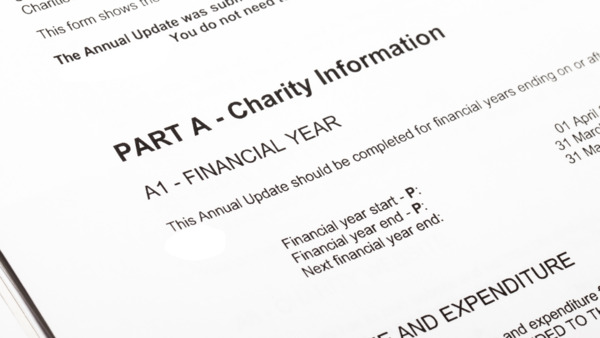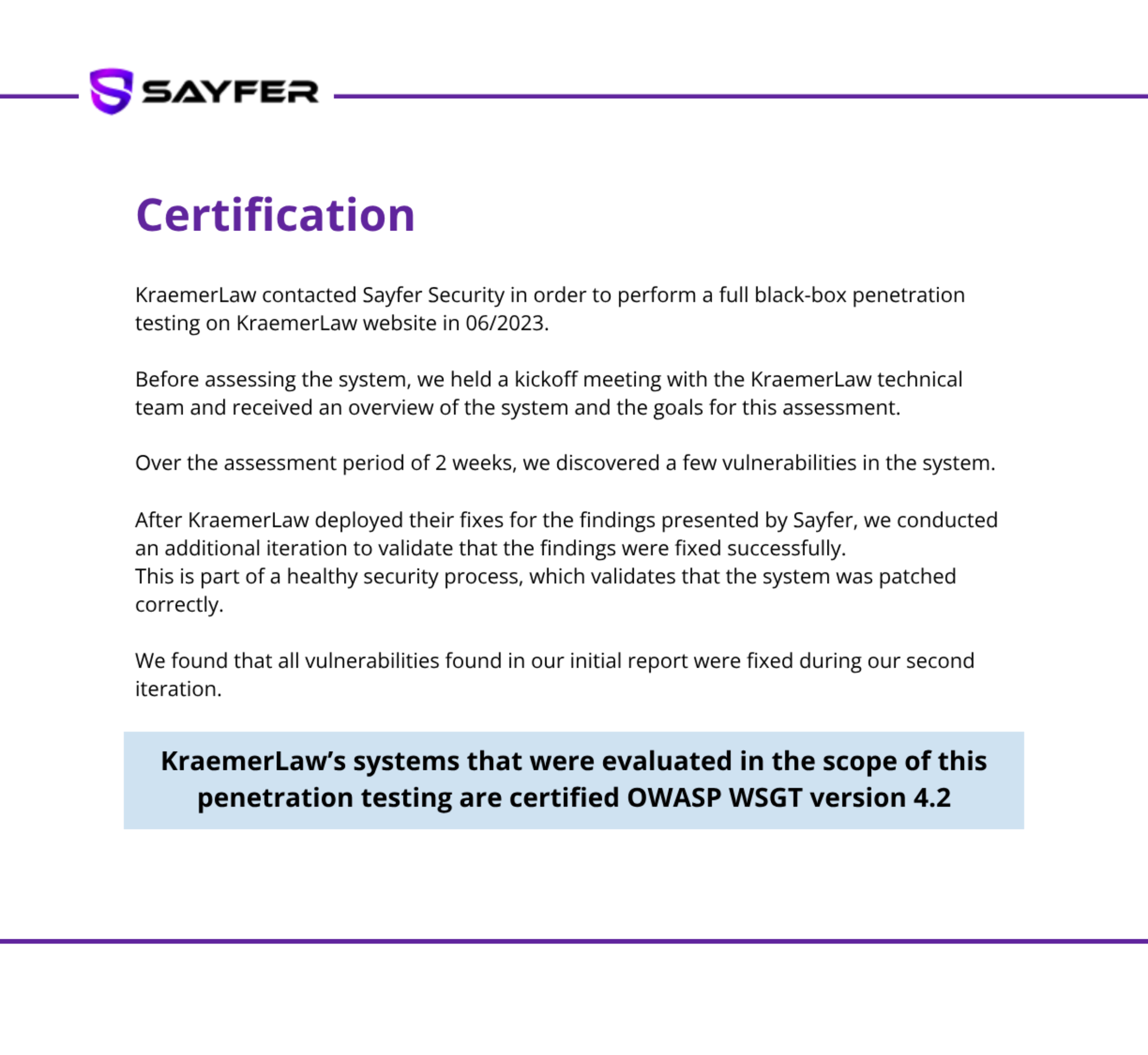Among the legal entities in Panama, nonprofit organizations stand out as the most humanitarian option because they do not pursue personal financial gain. In this article, we will explain the legal characteristics, how they function, and a comparison with similar organizations.
What is a Nonprofit Organization?
Before understanding how to start a Panama nonprofit, it is essential to know what it entails. A nonprofit organization (NPO) is a private entity that does not distribute personal financial benefits, meaning its income is reinvested into its activities rather than being distributed as profits.
These organizations are dedicated to the public welfare of one or several communities in their sector, using financial donations exclusively for charitable purposes.
How to Start a Nonprofit in Panama
To start a nonprofit organization in Panama, it is necessary to comply with certain legal and administrative requirements. Here are the steps to follow:
- Define the purpose and objectives of the nonprofit organization.
- Establish a board of directors.
- Register the organization with the relevant authorities.
- Draft the bylaws and articles of incorporation.
- Obtain legal recognition from the competent authorities.
It is important to note that the legal requirements of a nonprofit may vary depending on its type. The five steps mentioned above are of a general nature.
Benefits of a Nonprofit Organization
The benefits can vary depending on the type of nonprofit. Some advantages, such as tax exemptions and access to funding and donations, are common. However, the legal requirements of a nonprofit organization and the extent of these privileges can depend on the specific nature and purpose of the nonprofit organization.
Therefore, it is important for each entity to verify the opportunities available according to its type and meet the corresponding legal requirements in Panama.
Characteristics of a Nonprofit Organization
The nonprofit characteristics set these organizations apart from other Panama companies. These include:
- Altruistic purpose, including charitable, educational, cultural, scientific, religious activities, among others.
- Reinvestment of surpluses, without distributing profits among members or directors.
- Mandatory management and transparency, with the presentation of financial reports demonstrating the proper use of funds.
- Committed volunteers dedicated to the cause of the organization.
Legal Requirements of a Nonprofit Organization
In general, these are the five legal requirements of a nonprofit organization in Panama, as stipulated by Executive Decree No. 62 of March 30, 2017:
- A list of board members, which must include at least three people or legal entities.
- A copy of the ID for each person or the general assembly records for legal entities.
- Records of the entity’s incorporation and board formation, along with the approved bylaws.
- Bylaws of the nonprofit organization, signed by its president and secretary.
- Registration application through a lawyer.
Understanding these characteristics, requirements, and services of nonprofit organizations in Panama will provide a guide on how to start a Panama nonprofit.

Types of Nonprofits
There are several types of nonprofits, each with its own characteristics and focus areas. These are the most common types:
- Foundations: Entities created to manage assets destined for charitable purposes and must meet strict legal and transparency requirements.
- Civil Associations: Groups of people pursuing a common non-profit objective.
- NGOs (Non-Governmental Organizations): These organizations work in various fields and can receive funding from national and international sources, meeting transparency and accountability requirements.
- Charity Associations: Entities that provide support to vulnerable communities or people in need.
- Chambers of Commerce: They represent the interests of businesses and specific sectors, promoting economic and commercial development.
- Churches and Religious Organizations: They provide spiritual, educational, and social assistance services.
Understanding these types of nonprofits helps in identifying the right structure and focus for your charitable efforts.
Nonprofit Organization Structure
The nonprofit organization structure is key to its functioning and compliance with legal regulations. Here is an explanation of how it should be organized.
Legal Documentation to Open a Nonprofit Organization
To understand how to open a nonprofit, start by learning about the necessary steps and documentation.
The legal requirements of a nonprofit organization support correct operation, transparency, and meeting all legal responsibilities.
Here is the necessary documentation for the administration of a nonprofit organization:
- Incorporation Act: Formalizes its constitution with details about the date of creation, founders, and objectives registered with the Public Registry of Panama.
- Bylaws: Internal rules guiding the operation, including mission, vision, and organizational structure.
- Official Registration: In the Ministry of Government to obtain recognition and tax benefits.
- Permits and Licenses: Required for activities such as events and fundraising campaigns, to be requested from the relevant authorities according to the activity.
- Annual Financial Reports: Detailed reports on income and expenses, reviewed by the Ministry of Government to verify the proper use of funds.
The nonprofit documentation might vary according to the type you decide to establish.
Operational Regulations
Here are the legal requirements of a nonprofit organization to operate legally in Panama:
- Transparency and Accountability: Nonprofit organizations must be clear and accessible regarding their activities and finances. This is generally achieved through the presentation of annual reports and internal and external audits.
- Tax Compliance: Although in certain cases these organizations are exempt, they must fulfill their tax obligations by keeping accurate financial records as required by law.
- Governance Policies: Clear policies on direction and management must be established to maintain the trust of donors, beneficiaries, and other stakeholders.
- Labor Compliance: It is necessary to follow labor laws and maintain fair conditions by implementing appropriate contracts.
- Activity Regulation: For all activities of the nonprofit organization, such as fundraising, the necessary permits must be obtained.
How to Maintain Your Nonprofit in Panama
Maintaining a Panama nonprofit involves fulfilling several legal and administrative requirements to maintain transparency and meet regulations. Below are the essential aspects to consider.
Affidavit of Retention
An affidavit of retention is a formal document required by the General Directorate of Revenue (DGI) in Panama. It is used by various entities, including nonprofit organizations, to certify that they meet their tax obligations.
Even though nonprofit organizations are often exempt from certain taxes, they must still submit an annual declaration to show they are meeting their tax responsibilities. This includes keeping accurate accounting records and making sure all financial activities are transparent and follow current laws.
Donation Report
As part of the nonprofit documentation, the donation report promotes transparency and accountability.
This report should detail all donations received by the organization during the fiscal year, including the identification of donors and the amounts donated. Nonprofit organizations are obliged to keep meticulous records of all donations and submit an annual report to the relevant authorities. This report must contain accurate and verifiable information about the origin and use of the funds.
Submitting this report not only proves that the organization meets its legal obligations but also strengthens the trust of donors and the general public.

Compliance Declaration
The compliance declaration certifies that the organization meets all legal, fiscal, and operational obligations required by Panamanian authorities.
This document endorses transparency, proper management of funds, and compliance with internal and external governance policies, as any business in Panama would.
Fundraising and Income Generation
To maintain the sustainability of a Panama nonprofit, it is necessary to implement strategic and legal methods for fundraising and income generation.
Organizations can receive direct donations from individuals and companies, organize charitable events, and sell products related to their mission.
Legal Methods for Fundraising and Income Generation
For fundraising and income generation, nonprofits in Panama can use several legal methods:
- Direct Donations: Receive support in the form of money, goods, or services, recording everything properly.
- Charity Events: Organize dinners, auctions, and marathons that help raise funds and increase visibility.
- Sale of Products and Services: Market products such as books and offer services like workshops, reinvesting the income into their programs.
- Grants: Apply for government and foundation funds by presenting detailed proposals.
- Crowdfunding: Use online platforms to obtain small donations from many people, ideal for specific projects.
- Memberships: Offer memberships that provide exclusive benefits to their members.
Restrictions and Compliance for Receiving Donations
For donations to be managed correctly, nonprofits must observe certain restrictions and regulations as specified by the Panamanian Chamber of Social Development. Fundraising and income generation must be carried out under the following guidelines:
- Transparency: Maintain clear accounting and prepare public annual reports.
- Tax Compliance: Withhold taxes and file tax returns.
- Anti-Money Laundering: Verify donors and keep accurate records.
- Donation Limits: Respect limits on large donations from a single donor.
- International Donations: Comply with laws for receiving foreign funds.
Comparison between NGOs, NPOs, and Panama Companies
NGOs (Non-Governmental Organizations) and NPOs (Nonprofit Organizations) are private entities dedicated to promoting social, cultural, humanitarian, and environmental causes. These organizations reinvest any surplus into their projects and programs, unlike Panama companies, which aim to generate economic benefits for their shareholders or owners.
An NGO in Panama is an organization independent of the government, created to address and support specific issues and causes such as human rights advocacy, public health, education, and the environment. NGOs operate autonomously and can receive funding from donations, grants, and other non-governmental sources.
On the other hand, a nonprofit organization is a private entity that, although it may work in similar areas to NGOs, is defined primarily by its legal structure and non-profit purpose. NPOs are obliged to reinvest all their income into their objectives and programs, without distributing profits among their members or directors.

Although NGOs and NPOs focus on community and social welfare, like any business in Panama, they must follow established legal regulations. Panama companies, on the other hand, are commercial entities that operate in sectors such as commerce, industry, technology, and financial services, with the main objective of obtaining economic profits.
Understanding the concepts and approaches of each will allow us to understand their differences and similarities more easily.
Differences and Similarities
Although a Non-Governmental Organization (NGO), a Nonprofit Organization (NPO), and a Panama company have different objectives and characteristics, there are aspects in which they can be similar.
| NGOs & NPO | Panama Company | |
|---|---|---|
| Purpose | Social, cultural, environmental, or community welfare, without seeking economic benefits for its members. | Generates economic benefits for its shareholders or owners, and the income is distributed as profit or reinvested to increase profits. |
| Financing | Funded through donations, grants, fundraising events, and in some cases, by selling products or services. | Funded through capital investments, loans, sales of products or services, and sometimes stock issuance. |
| Governance Structure |
Usually governed by a board of directors or a council of administration composed of unpaid volunteers. | Managed by a board of directors or council of administration whose members are usually compensated and may have a stronger hierarchy. |
| Similarities | Must register with the competent authorities in Panama to operate legally and are granted legal personality. | All must maintain clear and detailed accounting and, in many cases, submit annual reports to the relevant authorities. |
Legal Structures and Requirements
NGOs, NPOs, and Panama companies have different legal structures and requirements for their operation. Here are the main ones according to each type of entity.
Structure by Type
- NGOs and NPOs:
- Board of Directors: Oversees and makes strategic decisions.
- Members or Associates: Participate in assemblies and vote on important decisions.
- Operational Team: Includes paid staff and volunteers who execute daily activities.
- Panama Companies:
- Board of Directors or Council: Manages and makes strategic decisions.
- Shareholders or Partners: Own the company and receive profit benefits.
- Employees: Paid staff who carry out daily operations.
Registration and Constitution:
- NGOs and NPOs:
- Must register with the Ministry of Government, present incorporation records and bylaws, and obtain recognition as a nonprofit entity.
- Panama Companies:
- Must register with the Public Registry, present the deed of incorporation, and meet the requirements of the Commercial Code.
Legal Requirements
- NGOs and NPOs:
- Registration with the Ministry of Government: NGOs and NPOs must formally register by submitting an application.
- Incorporation Minutes and Bylaws: Must draft and submit these documents, which must be approved by the competent authorities.
- Recognition as a Nonprofit Entity: Obtain official recognition that allows them to operate under this status and access corresponding tax benefits.
- Compliance with Reports and Transparency: Submit annual financial reports and fulfill transparency and audit regulations.
- Panama Companies:
- Registration with the Public Registry: Companies must register by presenting the deed of incorporation.
- Compliance with the Commercial Code: Adhere to the regulations established by the Commercial Code of Panama, including the submission of documents and payment of corresponding fees.
- Tax Withholding and Declaration: Companies must withhold and declare taxes as stipulated by Panamanian tax legislation.
Focus Areas and Operations in Panama
NGOs, NPOs, and Panama companies have different focuses and operate in several areas according to their objectives and missions. These are the main ones:
- NGOs: An NGO in Panama focuses on areas such as human rights, environment, community development, health, and education.
- NPOs: Can focus on a variety of charitable, cultural, scientific, or religious causes.
- Panama Companies: Operate in economic sectors such as commerce, industry, technology, financial services, among others.
Legal Assistance for Establishing NPOs
Would you like to know how to start a nonprofit in Panama and achieve its success? At Kraemer & Kraemer, we offer assistance at all stages, from incorporation to daily operation, as well as in the establishment of NGOs or businesses.
Contact us or send us an email to info@kraemerlaw.com to provide you with the appropriate legal advice.







